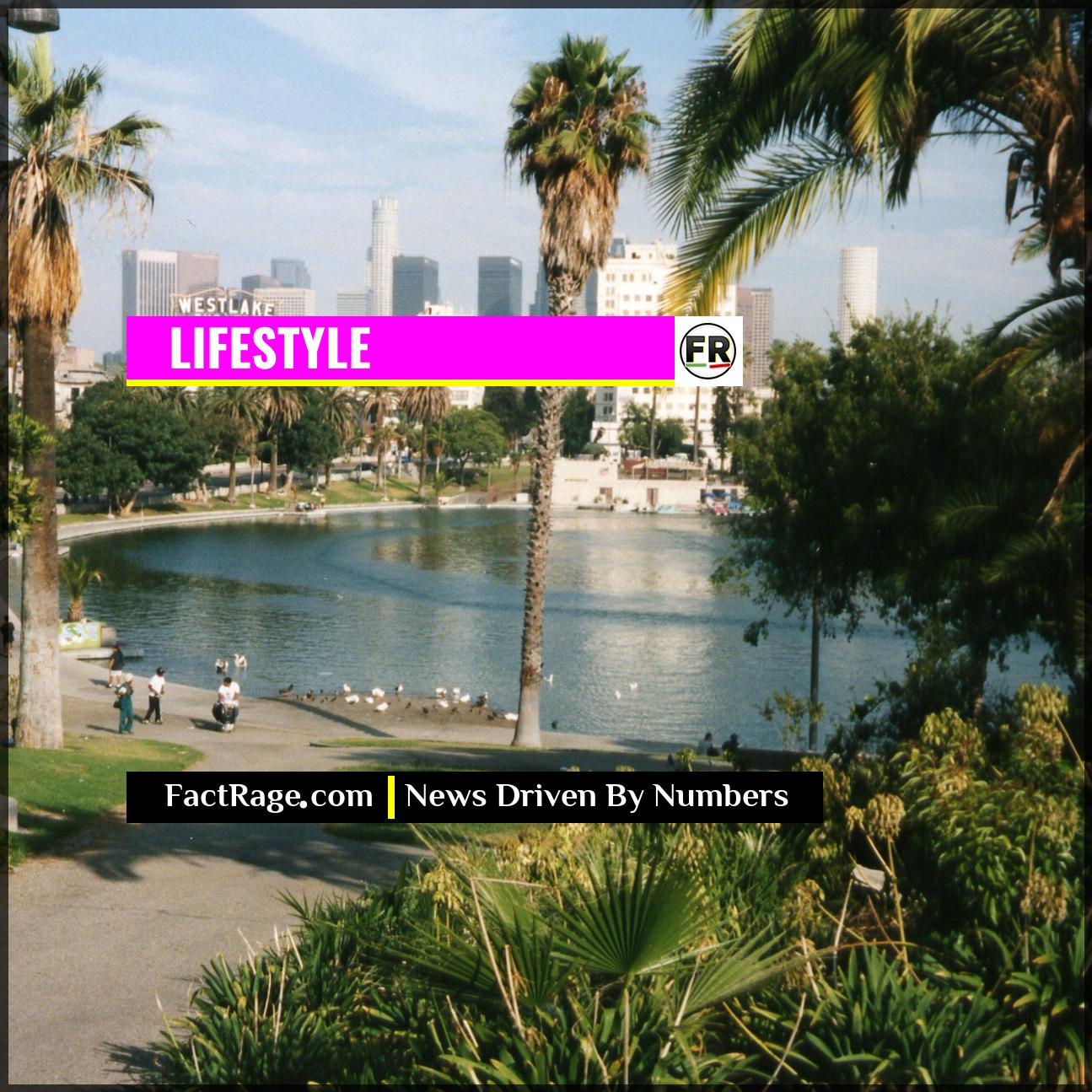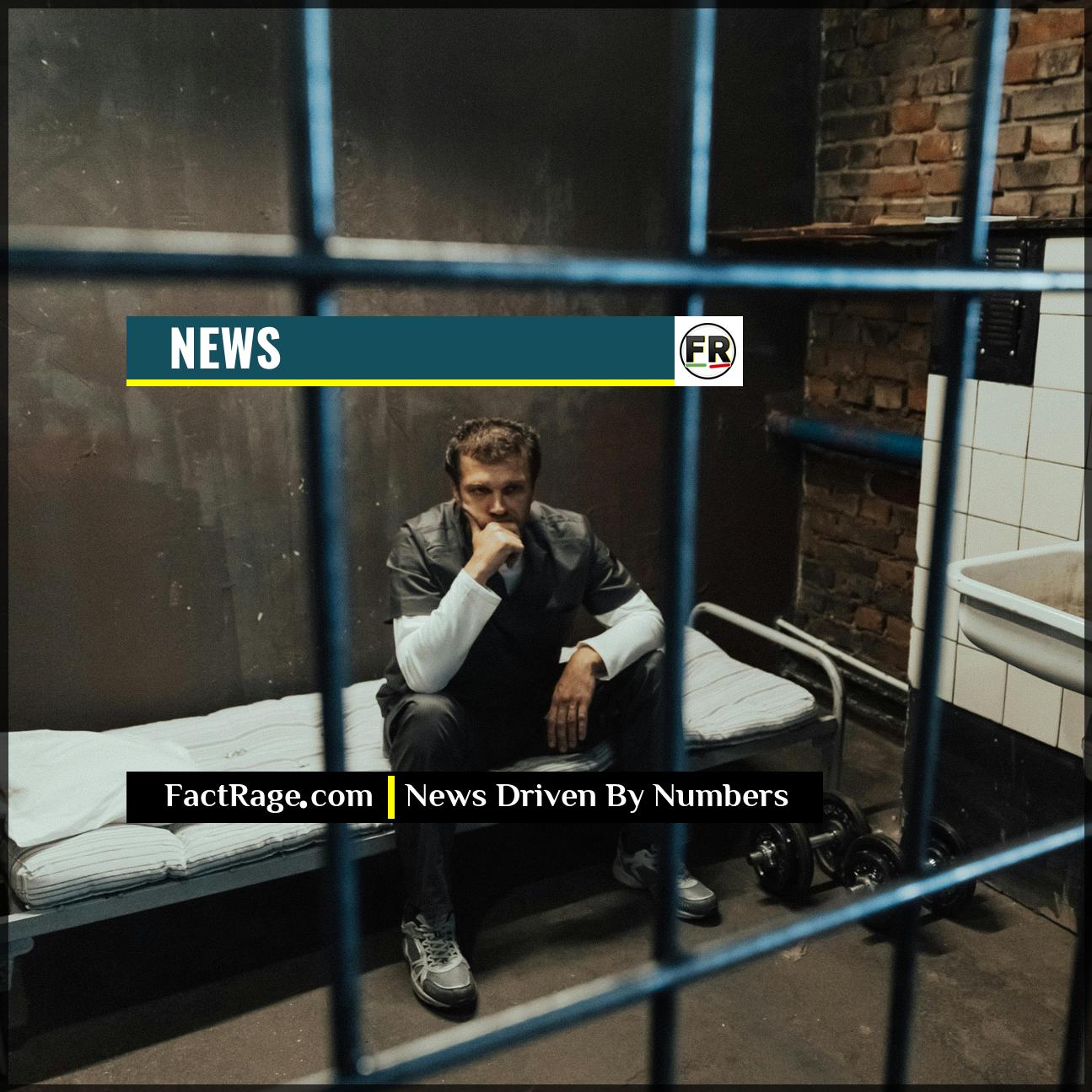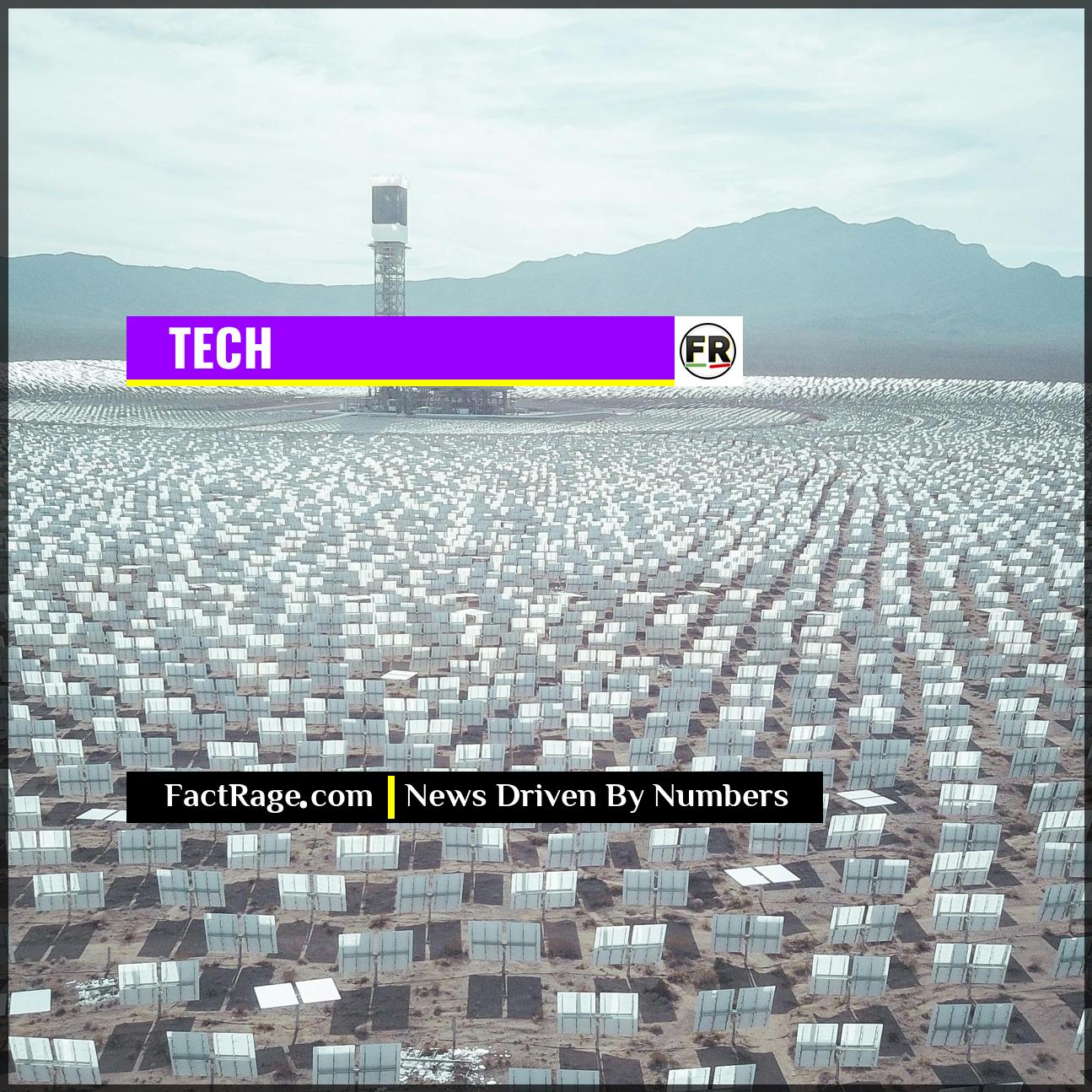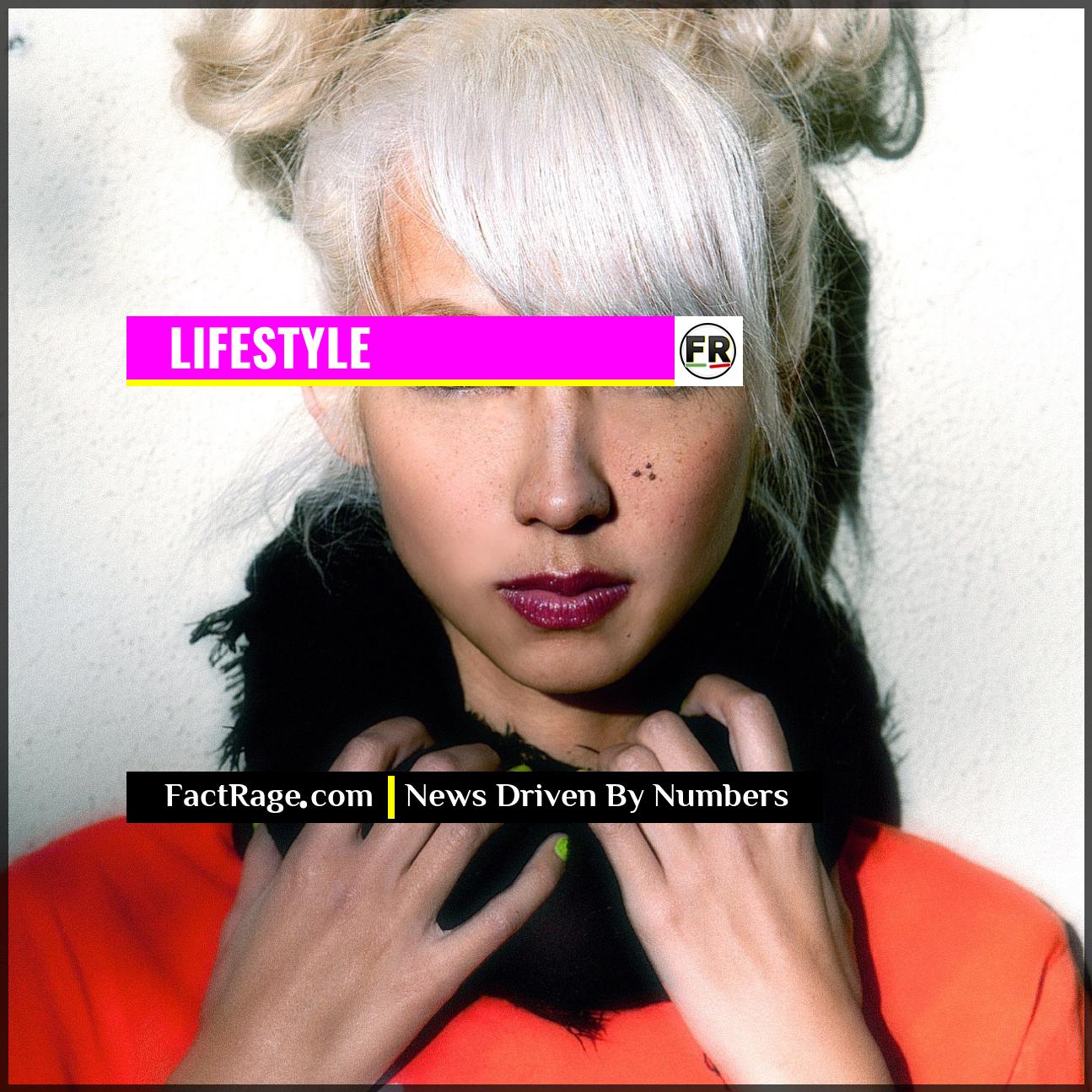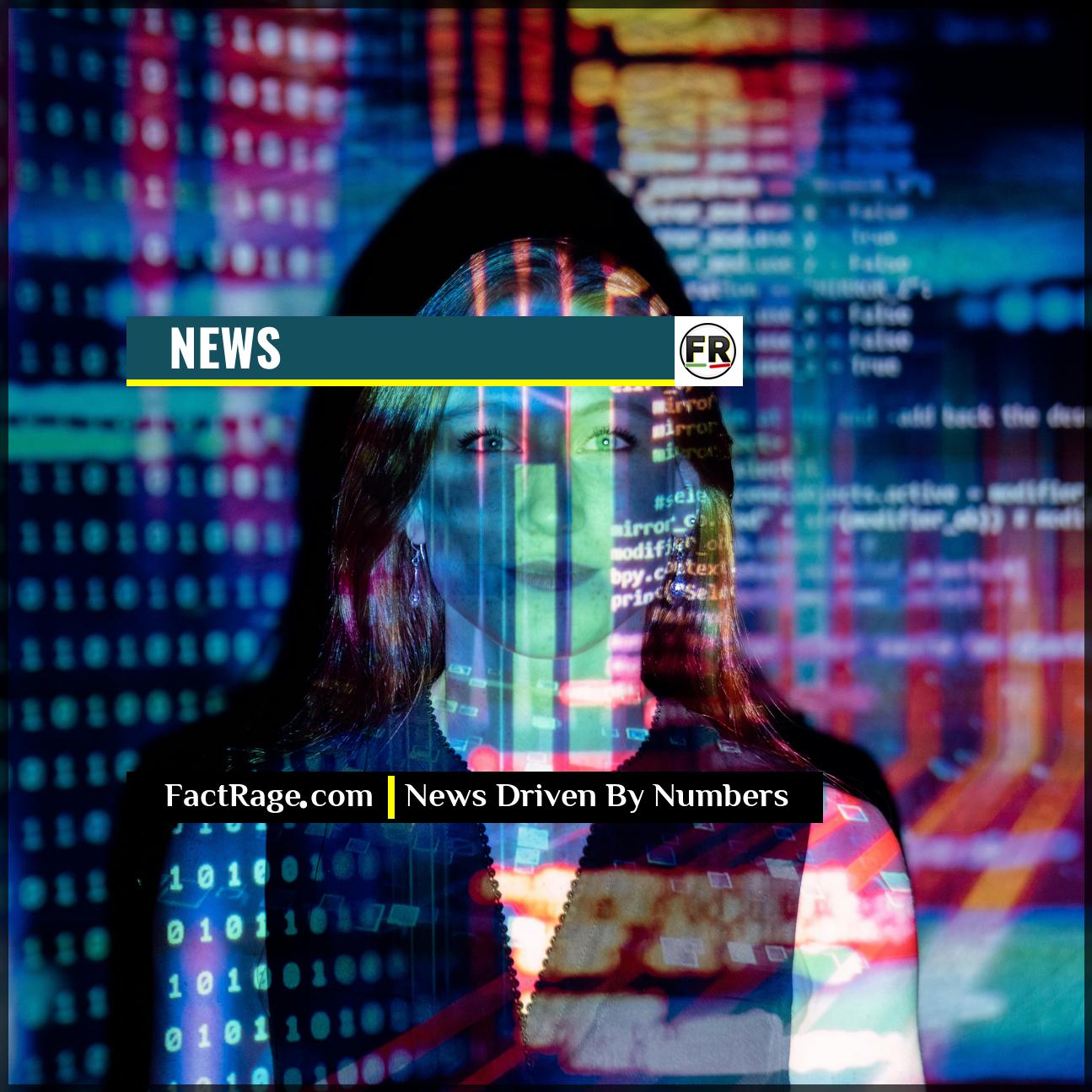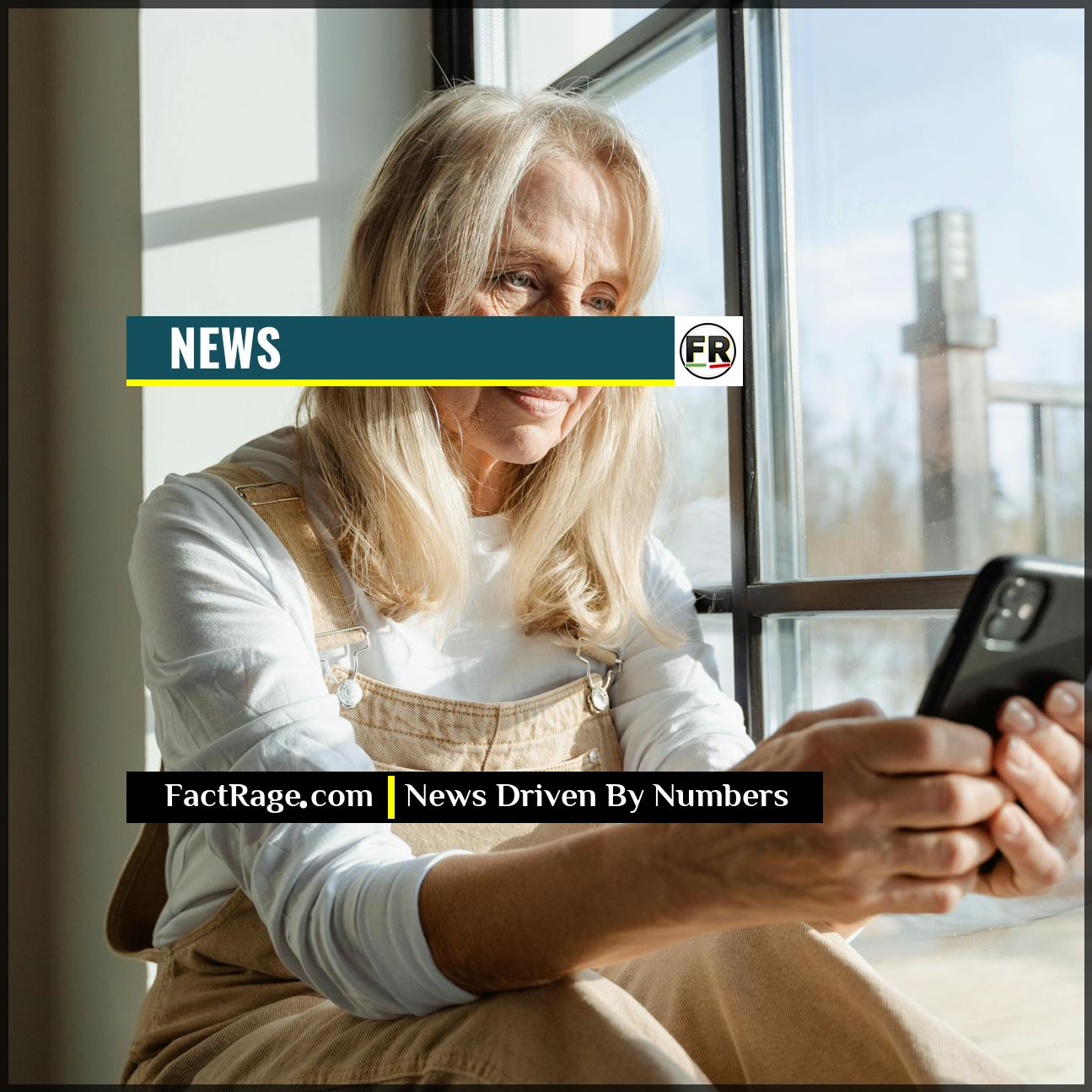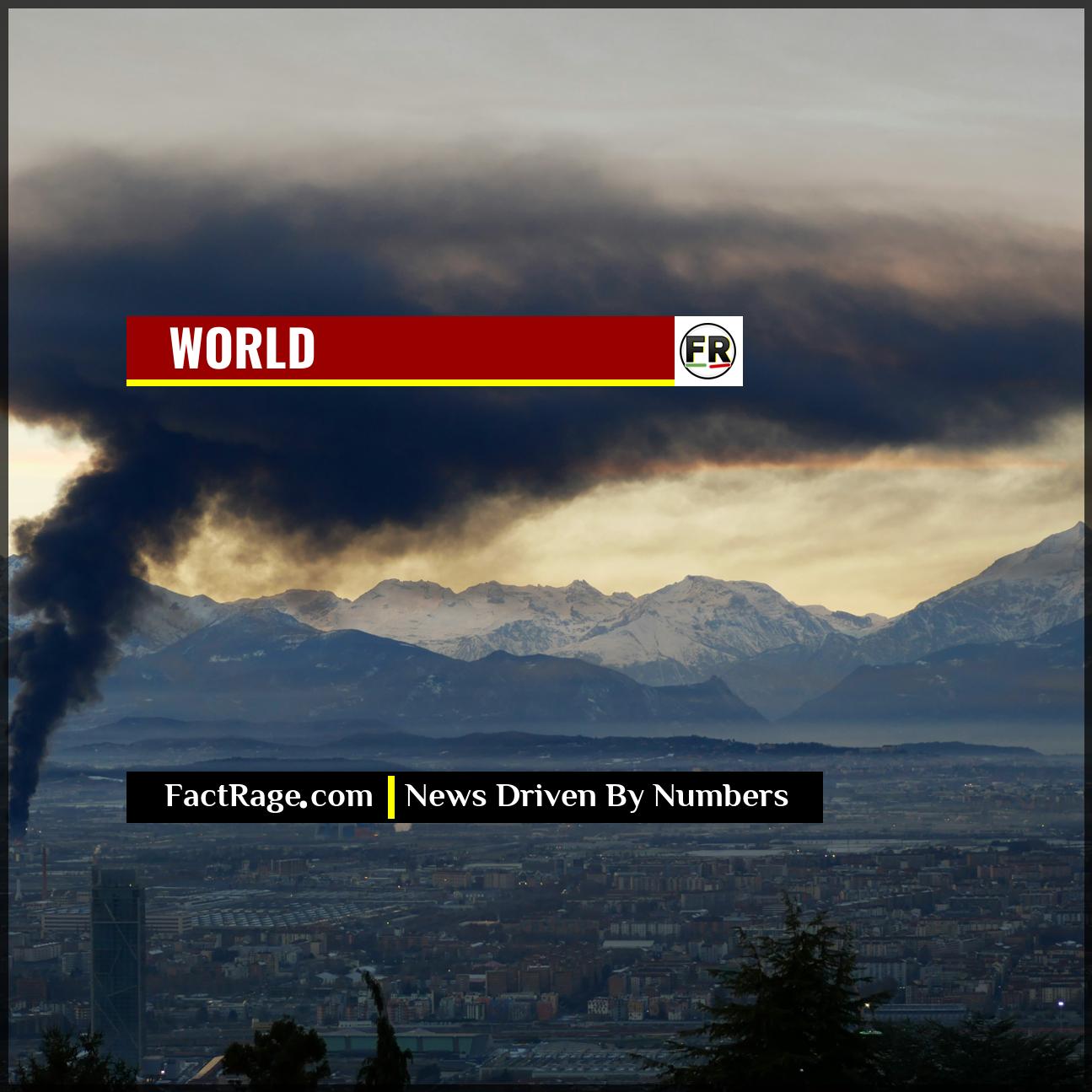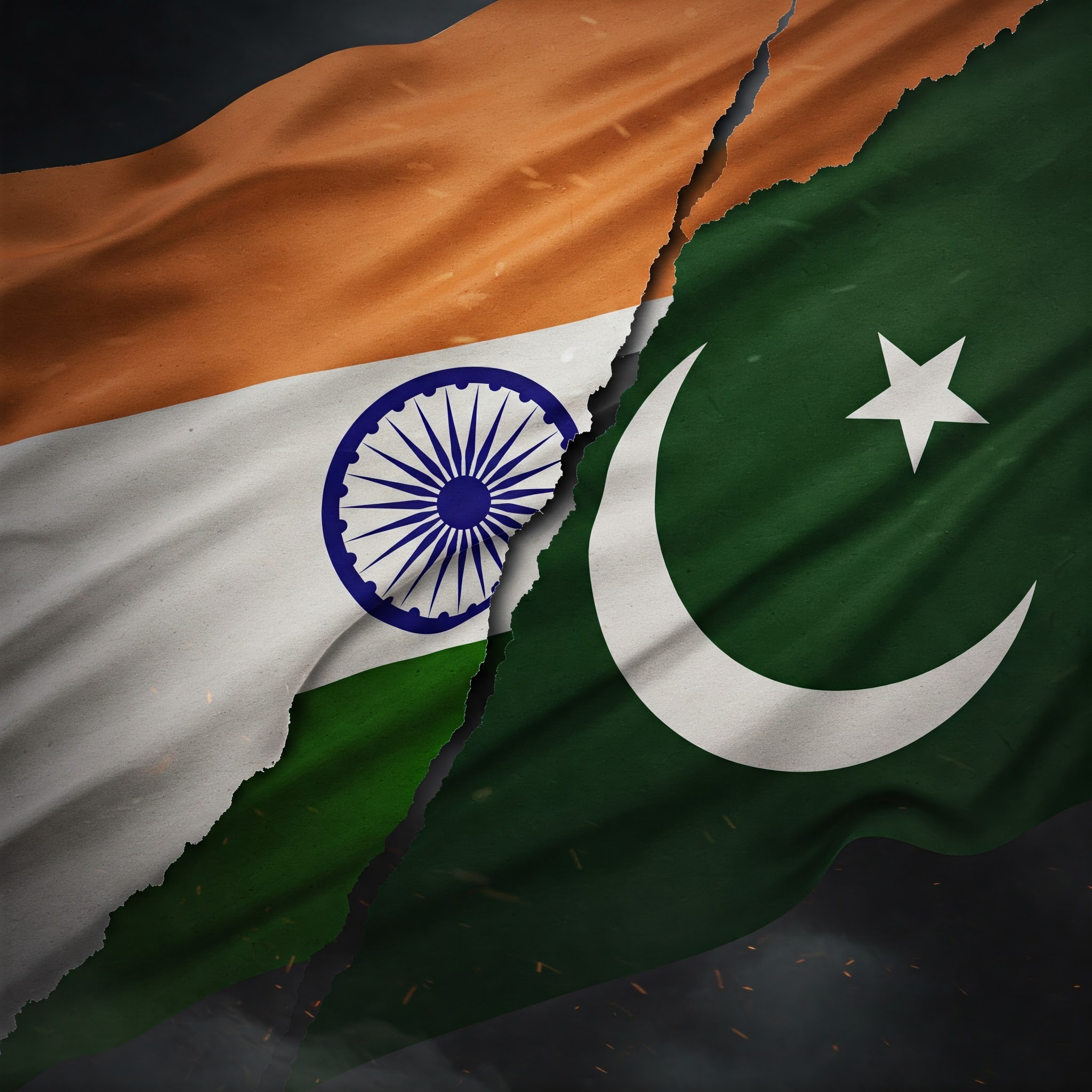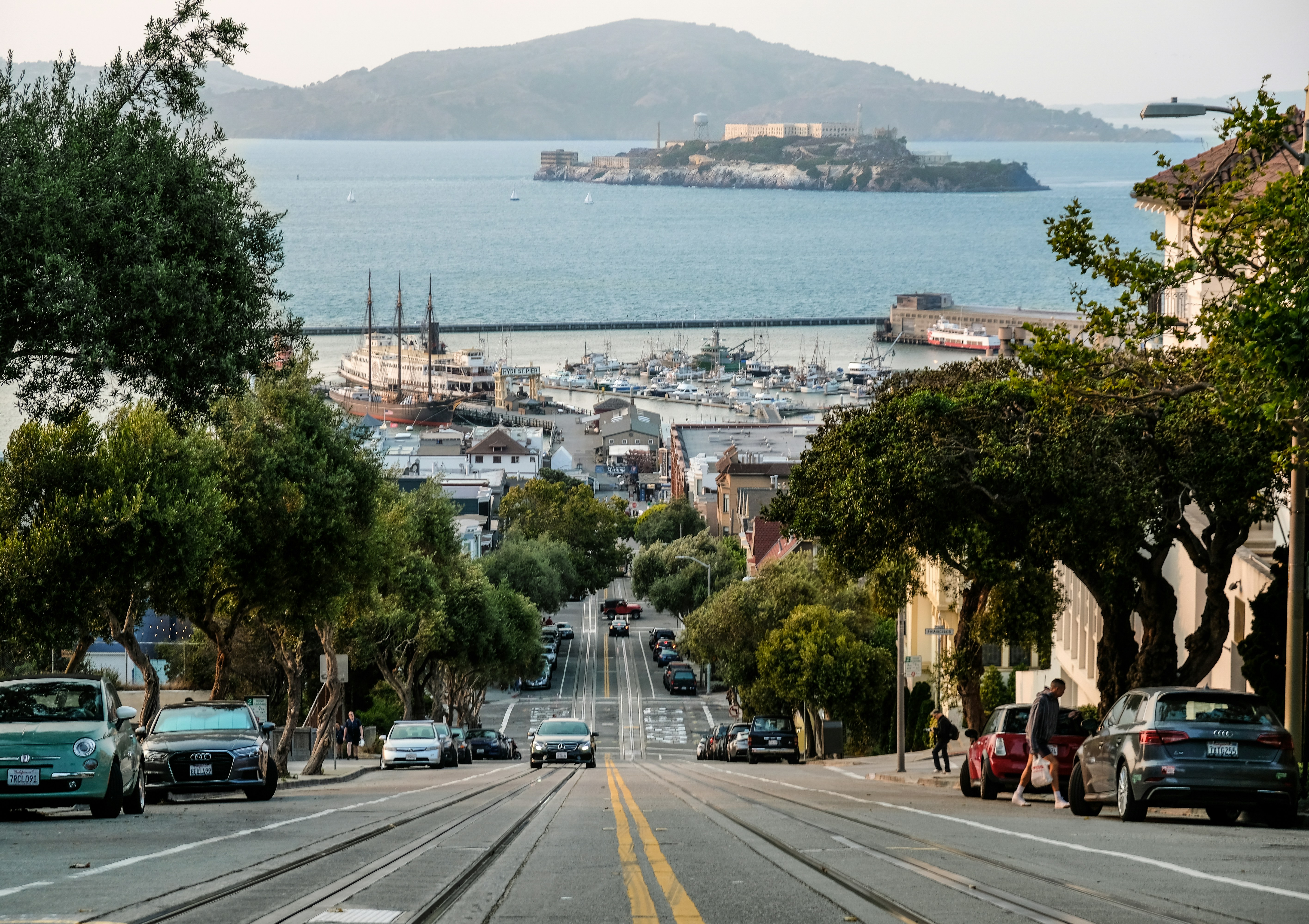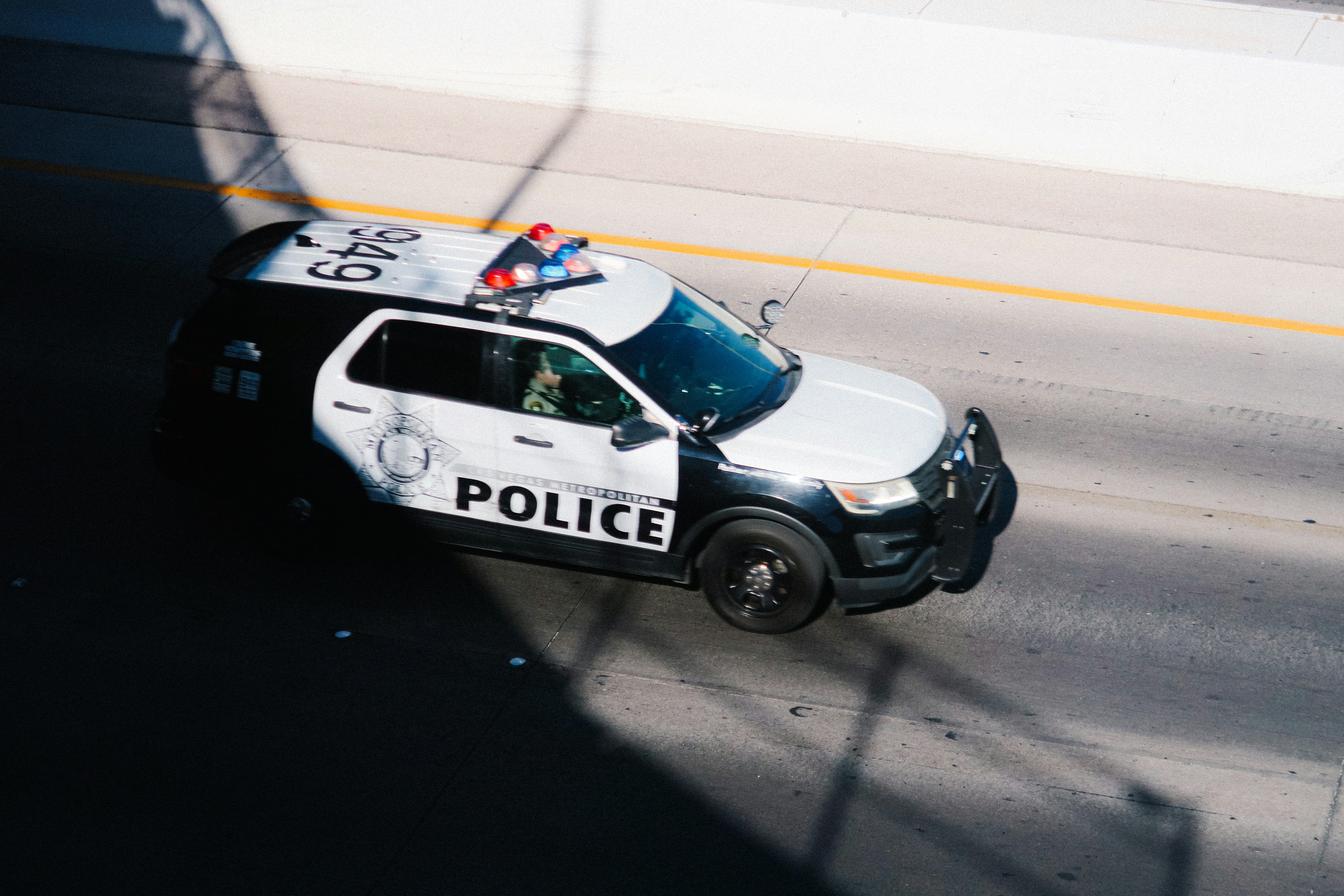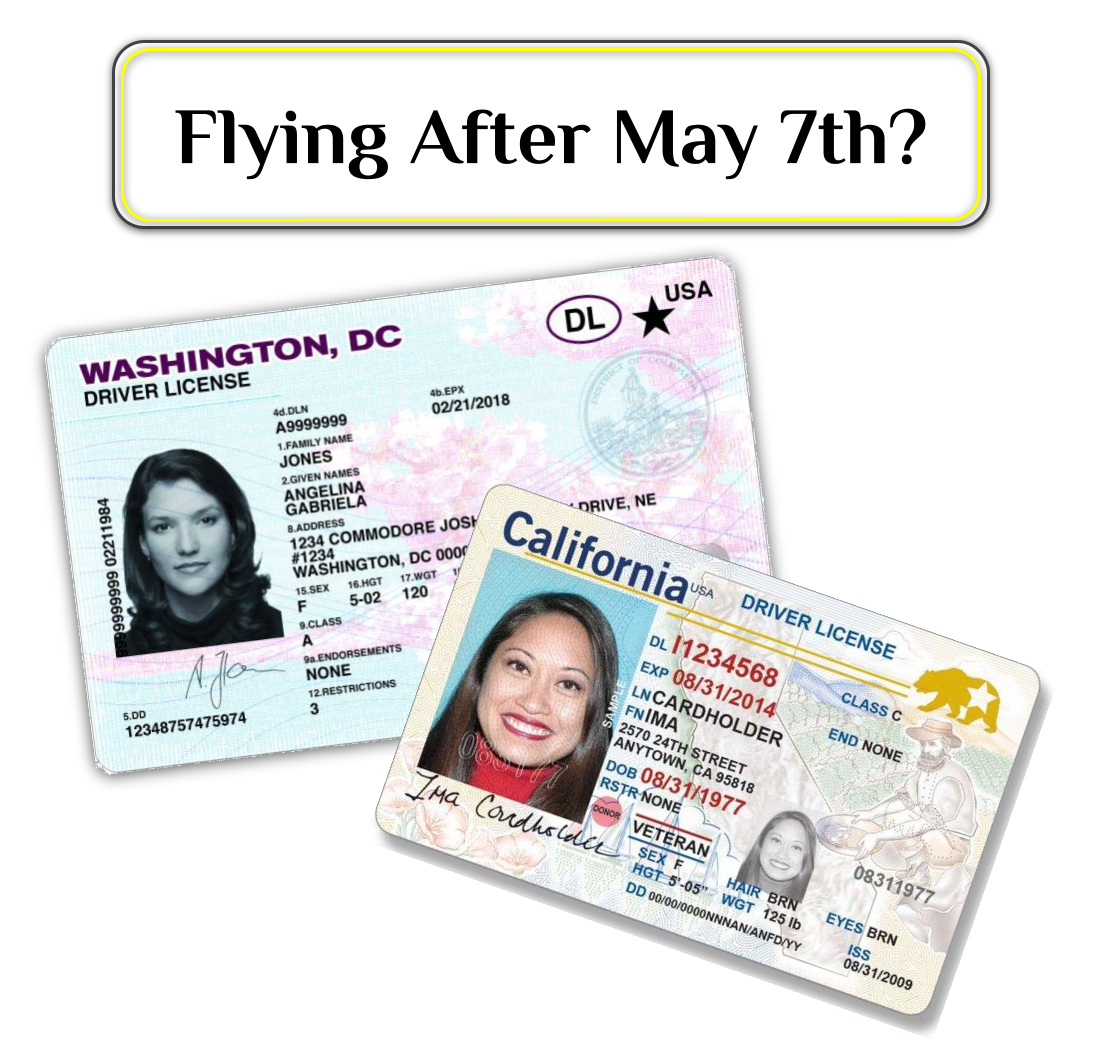LOS ANGELES, CA – Long before the city’s freeways jam, a different kind of energy is already building around the iconic lake at MacArthur Park, a space that functions as a town square, a marketplace, and a sanctuary for one of LA’s most vibrant communities.
- A Cultural Town Square – MacArthur Park is the cultural and social epicenter for the surrounding Westlake neighborhood, a community where U.S. Census data shows over 73% of residents identify as Hispanic or Latino.
- A Center for Commerce – The park is home to a dynamic micro-economy of street vendors selling food, goods, and services, which has been recently reshaped by the city’s formal Sidewalk and Park Vending Program.
- A Site of Continuous Change – After a significant, multi-million dollar rehabilitation project closed a portion of the park in late 2021, the space has been a focal point for city efforts to balance public access, safety, and the needs of the local community.
This urban oasis, set against the downtown skyline, is more than just a backdrop. For thousands of Angelenos, its pathways and green spaces are woven into the fabric of daily life, telling a larger story about immigration, community, and the fight for space in a modern American city.
The Stories a Park Can Tell
![]() Every city has its landmarks, but what truly defines them? It isn’t just the statues or the history, but the daily lives unfolding within their boundaries. These public spaces often become the shared living rooms for entire communities, telling a profound story of resilience, culture, and connection that a passing glance could never capture. A park is never just a park; it is a mirror reflecting the people it serves.
Every city has its landmarks, but what truly defines them? It isn’t just the statues or the history, but the daily lives unfolding within their boundaries. These public spaces often become the shared living rooms for entire communities, telling a profound story of resilience, culture, and connection that a passing glance could never capture. A park is never just a park; it is a mirror reflecting the people it serves.
Read On…
This is the story of MacArthur Park, told not through statistics, but through the rhythm of a single day and the people who give the space its life.
What a Morning Looks Like Before the City Wakes
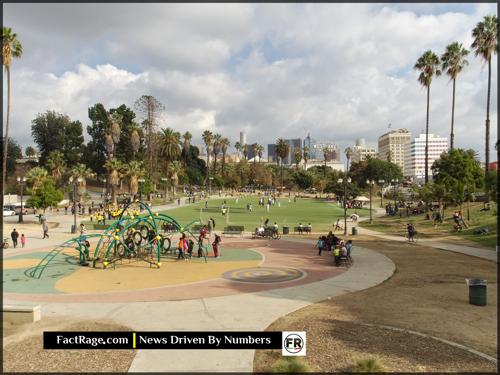
The sun rises over the downtown skyscrapers, but in MacArthur Park, the day is already well underway. The rhythmic clank of metal carts rolling over pavement is the first sound, as vendors stake out their regular spots. The air, still cool, begins to fill with the smells of brewing coffee and fresh pan dulce. For these entrepreneurs, the park is their storefront.
This scene is a testament to the park’s role as an economic engine for the Westlake district. Many vendors are immigrants from Central America and Mexico, and their businesses are often family-run enterprises. What do these operations mean for the community? They provide accessible, affordable food and goods for residents, but more than that, they represent a foothold in the local economy. Recent city-wide regulations establishing a formal permit system have introduced a new layer of complexity, bringing both legitimacy and challenges to this long-standing informal economy.
How a Lake Reflects a Neighborhood’s History
Originally named Westlake Park in the 1880s, the area was once a glamorous resort for LA’s elite. Renamed in 1942 for General Douglas MacArthur, the park and its surrounding neighborhood transformed over the 20th century, becoming a primary landing point for immigrants, particularly from Central American countries like El Salvador and Guatemala, during the civil wars of the 1980s.
Today, the lake reflects a different Los Angeles. It mirrors the faces of families enjoying a paddleboat ride, fishermen trying their luck, and individuals simply seeking a quiet moment. However, it has also reflected the area’s struggles with poverty and crime, issues that have given the park a complicated reputation. A major cleanup and restoration effort that began in 2021 aimed to address public safety and health concerns, temporarily fencing off a large section of the park. The reopening was seen by many as a reset, but it raises an ongoing question for urban centers everywhere: how can a city preserve the grassroots culture of a public space while managing its challenges?
Why Every Soccer Game and Chess Match Matters
By afternoon, the park is a kaleidoscope of activity. The sharp whistle of a soccer referee cuts through the air as local leagues compete fiercely on the pitch. Near the Levitt Pavilion, an outdoor performance venue, the sound of music often fills the space during summer concerts. On benches shaded by old trees, men are locked in intense concentration over chess boards, a daily ritual that has persisted for decades.
These activities are the threads that bind the community together. They are low-cost, accessible forms of recreation and social connection in a densely populated urban neighborhood where private space is a luxury. The park is a shared backyard for thousands of apartment dwellers. It’s where friendships are formed, where traditions from home countries are kept alive, and where a sense of belonging is cultivated. It is in these simple, repeated human interactions that MacArthur Park’s true value is found—not just as a place on a map, but as the enduring heart of a community.
The Enduring Need for a Shared Backyard
![]() MacArthur Park is more than a landmark; it’s a living case study in the universal human need for connection. The daily rituals of commerce, recreation, and quiet contemplation are the language of community, spoken here with a distinct Angeleno accent. In an increasingly digital world, the park serves as a vital reminder that our most fundamental sense of belonging is often forged face-to-face, in the shared backyards we create for ourselves.
MacArthur Park is more than a landmark; it’s a living case study in the universal human need for connection. The daily rituals of commerce, recreation, and quiet contemplation are the language of community, spoken here with a distinct Angeleno accent. In an increasingly digital world, the park serves as a vital reminder that our most fundamental sense of belonging is often forged face-to-face, in the shared backyards we create for ourselves.

